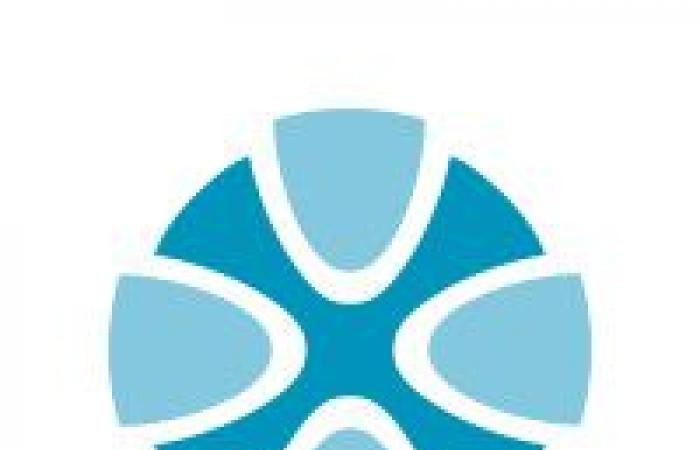Parisian day centers have found an original way to combine medical prevention and social support: oral and dental consultations for their users, organized in partnership with the CPAM. These sessions, twice a year, allow valuable screening and sometimes complete care for the most isolated.
From collective brushing to care, everything is designed to guarantee optimal oral health, which is often neglected. An initiative welcomed by families and caregivers. Meeting with Véronique Falyse, Director of CAJ ETIMOË, at the heart of this system.
Where did the idea for this agreement between Parisian day centers and the CPAM for oral and dental prevention come from?
The idea comes from the CPAM, which has made this proposal each time a center opens, at least according to the information I have had. They offer the same thing in EHPADs, it is an initiative that they extend as soon as they have the possibility.
What positive things have you noticed since these regular visits started?
For some, especially single people, this is the only time they can have their oral health checked. It is also an opportunity to exchange ideas and escape from sometimes heavy isolation. Participants are often cheerful at the idea of this control. Families and supported people really appreciate this initiative.
How does collective toothbrushing work before the consultation? What do the participants think?
Brushing is offered after the meal, each in turn. The CPAM is giving them a toothbrush for the occasion. This time also allows the team to observe how people are doing. This is a good indicator: we can see who needs additional help or advice. The participants take it with a smile, especially in groups, where the fun aspect is never far away.
What are the biggest challenges in ensuring follow-up care, especially for those without family support?
For isolated people, this is indeed a real challenge. We start by sending a letter to the caregivers or directly to the person being supported if they are independent. But often, for those who have neither caregiver, nor guardian, nor family, it is the nurse of the structure who is responsible for contacting a home help service or a tutor. Sometimes, we have to find specific solutions: for example, during a last session, a tutor and we organized urgent appointments at the health center in the 19th arrondissement. We insisted that an experienced dentist take over. Their understanding was remarkable.
You say that few people refuse. Why do you think this initiative is so well received?
This proposal is a huge relief for families. They already have so much to think about: medical follow-up, home help, visits to specialists… With this system, part of the mental burden disappears. Those who refuse are often those who already have regular follow-up, which is very rare among our users.






